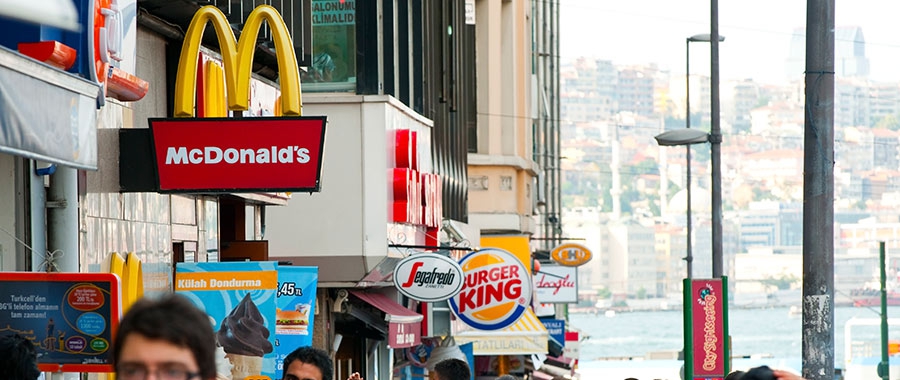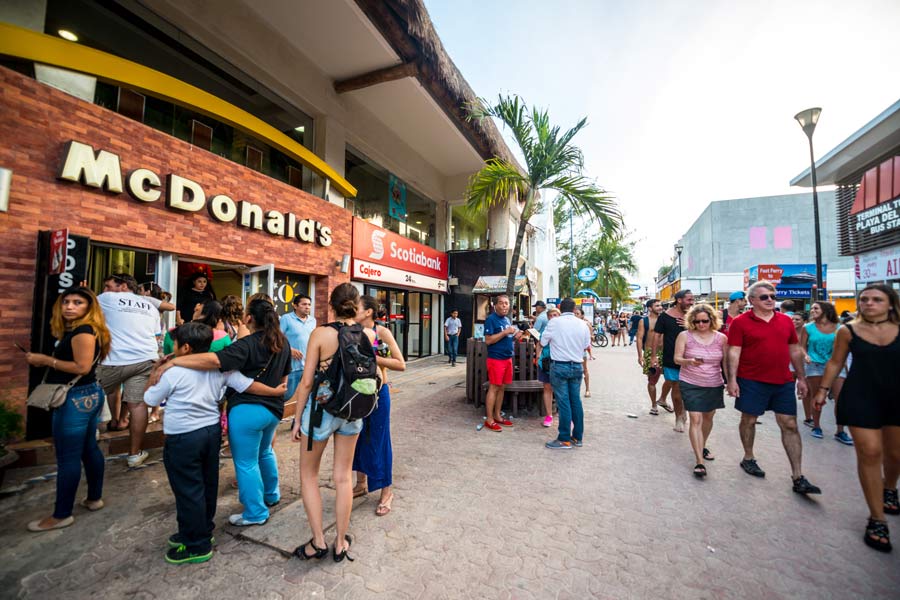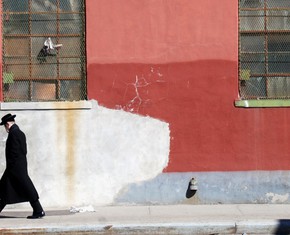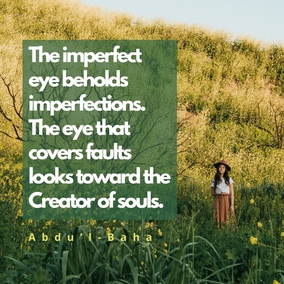The views expressed in our content reflect individual perspectives and do not represent the authoritative views of the Baha'i Faith.
I’m writing this from a cafe in Mexico City, using a black pen in a fresh notebook that was gifted to me a few days before I left Chicago.
While planning this trip, my travel partner and I did a lot of research. We looked into multiple different places, weighing cost along with potential language barriers, our cultural understanding (or lack thereof), and the political climate. For every city we considered visiting, I made a point to read the local news to get a feel for what was really happening on the ground, compared to the websites engineered to increase tourism–which often only display a skewed perception of a destination to entice tourists like me to come and visit.
Mexico City fit our budget, we both speak a little Spanish, and we felt overall comfortable visiting the city. We arrived excited to experience North America’s largest metropolis, eat the famed street food, and take in the beauty of the city’s murals and various art and objects made by local artists and artisans. Today, with two days left in our trip, I can honestly say that we did what we came here to do. We made new friends over street food, visited historic sites, busy mercados, and lush parks. I’ve lost count of the many colorful and powerful murals we’ve seen alongside various handmade objects, both decorative and utilitarian, that contribute to this culture’s reputation of cultivating beauty that is ordinary to locals and mesmerizing to outsiders like me.
This everyday, ordinary beauty is what attracts a lot of people to this city, I suspect, along with the cheap prices, especially compared to the U.S. In our time here, we’ve not only run into our fair share of American tourists, but also American businesses. On top of fast food places like KFC and Dominos, we’ve been to restaurants and boutiques that are more expensive than other, more local places. Those entities are backed by American and Canadian investors—and they feel that way. Some places here transport me to the new, trendy neighborhoods in L.A., or Chicago, or my hometown of Nashville, some parts of which are now unrecognizable to me. These businesses in Mexico City, on top of the already unbalanced power dynamic between the US and Mexico that serves one country more than the other, have created unrest here in the city.
Officials have been cracking down on mobile street vendors, which favors the more expensive brick and mortar boutiques. We wouldn’t have known about the extent of this trend, except that a few days ago people began to occupy part of the sidewalk on the street where we’re staying. About three days ago, we were walking back to our lodging, and as we got to our block, we were faced with an encampment of sorts. At first, it appeared to be tents with homeless people living in them, but as we got closer, we noticed police, clad in full riot gear, sitting in chairs only feet away from the people under the tents, who were playing cards.
Curious to learn more, we looked up the name of our street on twitter and found photos of people protesting. They were calling out the gentrification of the city, and demonstrating in favor of more fair treatment for the local artisans. The more I read and asked friends whose Spanish is much better than mine, my heart began to sink.
Gentrification is a worldwide problem, from New York to Mexico City to the large urbanized cities of Africa. Colonization is still happening today under the guise of urban renewal and revivalism. People from wealthy backgrounds continue to profit by exploiting people of lesser means, perpetuating the cycle of poverty and broadening the gap between the rich and poor. As just one example, the minimum wage in Mexico is less than $5 a day, compared to $7.25 an hour in America.
This level of gross economic injustice, which the Baha’i teachings speak out against, must ultimately give way, through legislation and through spiritual means as well, to a more just balance of wealth and poverty:
There must be special laws made, dealing with these extremes of riches and of want. The members of the Government should consider the laws of God when they are framing plans for the ruling of the people. The general rights of mankind must be guarded and preserved.
The government of the countries should conform to the Divine Law which gives equal justice to all. This is the only way in which the deplorable superfluity of great wealth and miserable, demoralizing, degrading poverty can be abolished. Not until this is done will the Law of God be obeyed. – Abdu’l-Baha, Paris Talks, p. 153.
The Baha’i teachings say that justice helps us see with our own eyes and know of our own knowledge:
O Son of Spirit! The best beloved of all things in My sight is Justice; turn not away therefrom if thou desirest Me, and neglect it not that I may confide in thee. By its aid thou shalt see with thine own eyes and not through the eyes of others, and shalt know of thine own knowledge and not through the knowledge of thy neighbor. Ponder this in thy heart; how it behooveth thee to be. Verily justice is My gift to thee and the sign of My loving-kindness. Set it then before thine eyes. – Baha’u’llah, The Hidden Words, pp. 3-4.
I am reminded of this quote from Baha’u’llah about justice as I grapple with finding my place in this massive, complex problem, which I’ve only begun to encounter and try to understand. Gentrification is happening in every big city, yet feels so specific when it’s happening to your home.
I question my role as a tourist in the gentrification of the cities I visit or contemplate moving to. I identify as a world citizen, because of the mindset my parents raised me with, and because of the literal geographic makeup of my family—with my father from Iran and sister from Indonesia.
I’ve been lucky to travel to other countries, eat their food, learn from their history, museums, and native people. Usually I come back to my home feeling like I’ve grown a new limb, with all of the things I’ve witnessed and the knowledge I’ve gained. I am faced with both the understanding that as humans, we are all connected, and also that I have the responsibility to act as a guest in places that are unfamiliar to me. I’ve learned to be careful when speaking on behalf of those whose experiences are vastly different than mine.
As I write this article, transferring it from my notebook to my phone, I realize that I’m never going to have all the answers on how to be the perfect traveler. I’m going to continue going new places, because I think that being faced with these questions in the first place is invaluable. I feel lucky to be able to spend my time thinking about how to create a more just world for everyone. As I go to new places, I try to carry myself humbly, poised to learn and not to judge, in hopes that this shrinking, interconnected world will start to make a little more sense.
You May Also Like
Comments


















With the growing influx of tourists, the prices of houses and apartments is raising beyond the acceptable (minimum monthly wage is 560€; a week in a small apartment may cost 1000€). Families with low income that live in central Lisbon are being kick out of the neighborhood where they lived for many years and force to move to distant suburbs. This is particularly dramatic for retired elderly couples.
Because there are fewer and fewer locals living in Lisbon city center, schools are closing due to the lack of students. Traditional shops are ...closing being replaced by foreign companies. And concerning crime: there have never been so many pickpockets in central Lisbon!
Merchants, other small businesses near the gentrified areas see their incomes increase because wealthier people spend more money on products and services than poor people do. As a result of their business revenue growth, the local ...merchants pay more city and state taxes as well.
It is always good to see the whole picture of gentrification.
Gentrified areas tend to have far less crime than they did prior to their transformation. Public schools serving the families living in gentrified areas tend to be far better and to produce much more successful graduates than they did before gentrification.
Virtually everyone who owns real estate in or near the gentrified area experiences a large increase in their wealth because of the increase in ...the value of their property.